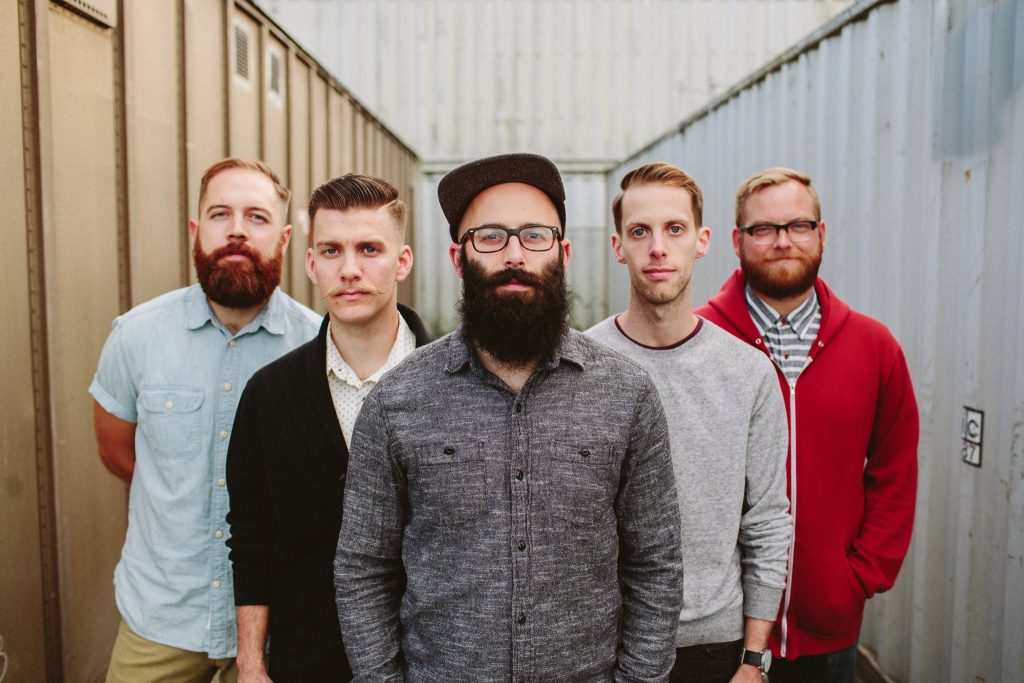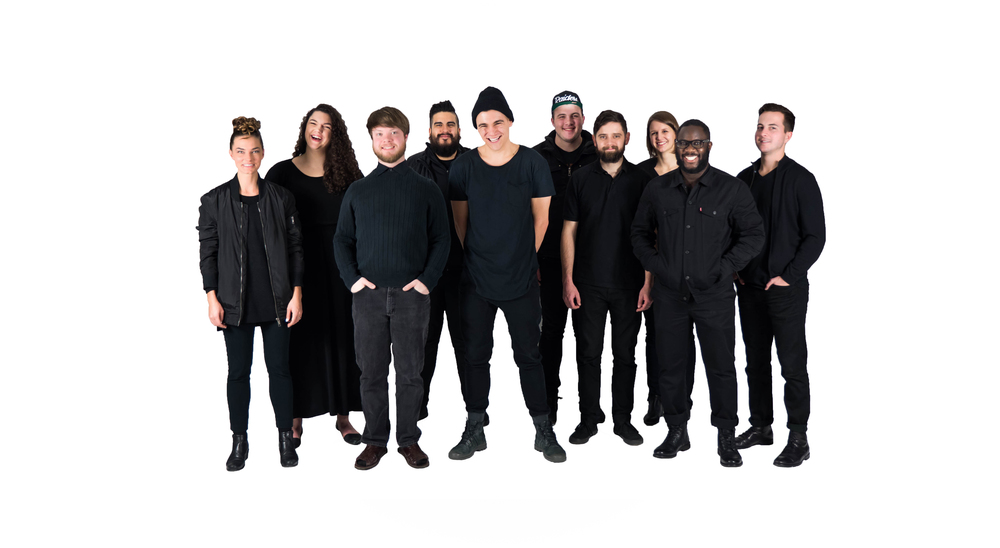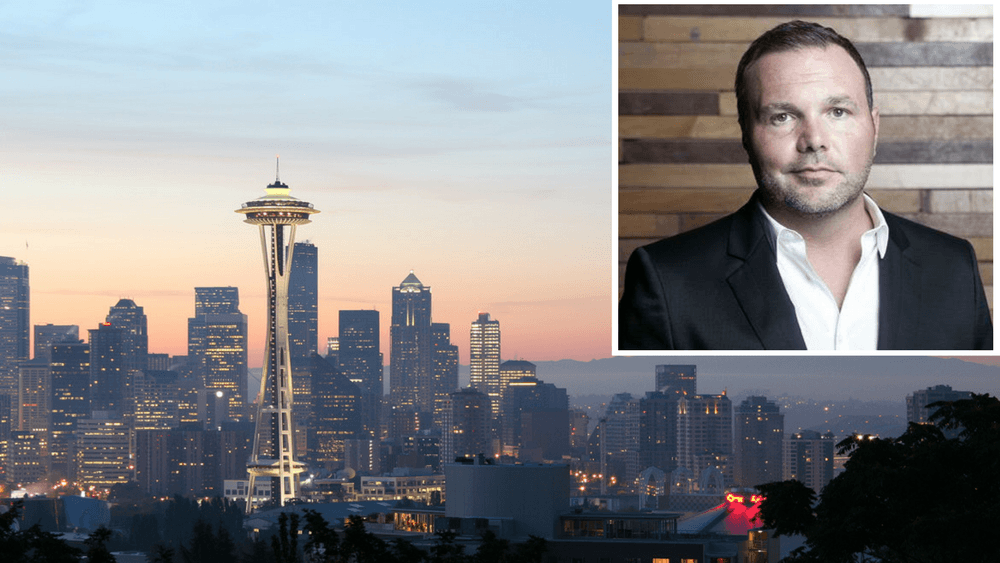Recovering from a really bad church (Mars Hill)
Two years after Mark Driscoll’s multisite church folds, the word ‘Christian’ is becoming less of a swear word in downtown Seattle
Former members of Mars Hill church, a Seattle-based megachurch which folded in 2014, have said that during the heights of Mars Hill’s ministry, the word ‘Christian’ was considered a swear word across the North American city.
Mars Hill church was founded as a house church by Mark Driscoll in 1996. At its height, it boasted 15 campuses in five US states with a weekly attendance of 15,000. The closure of the church was well documented in both secular and Christian media.
In an interview with Eternity News during a recent Australian tour, guitarist for popular band Citizens & Saints, Spencer Abbott, said, “in Seattle the word ‘Christian’ is becoming less of a swear word.”
“I think it used to be that, and we’re moving away from that, for people who aren’t Christians. [Seattle] is not a very Christian area, and I think that’s a really nice thing because it lets us actually engage in normal friendships with non-Christians. Us being Christian is not a stumbling block for them; it’s just a part of who we are as they’re getting to know us, and I think that’s a really beautiful thing.”
“I just think things [at Mars Hill] were not really biblical.” – Chad Gardner
But it has taken several years for the city to recover from Mars Hill.
Touring Australia with Citizens & Saints was fellow Seattle band, Kings Kaleidoscope. Eternity spoke with singer-songwriter Chad Gardner, who was employed by Mars Hill church.
“There’s a lot of people who really had huge crises of faith, or still are [having them], because Mars Hill had a lot of … straight up, I just think things there were not really biblical; they were really selling [a vision], in a really convincing way to young people,” explains the Kings Kaleidoscope frontman about the Mars Hill experience.
“So there’s a lot of people who are having to unravel a lot of that stuff. And the really sad thing is seeing people unravel it and then not reconstruct it … that’s the biggest pain point right now; seeing people actually continue to have a deeper relationship with God who made them and loves them and also work through the really hard stuff.
“I was part of this thing that used me and that was done in God’s name, but it wasn’t God. How do you separate those things? Because it’s not God, even though Bible verses might have been used and things like that,” says Gardner.

Citizens & Saints Citizens & Saints
Citizens & Saints frontman, Zach Bolen, told Eternity, “it’s very difficult for lots of people.”
According to Bolen, Mars Hill was a great first church experience for many people. But learning that a trusted leader was not as trustworthy as they seemed, has made a lot of people worry if they can trust any church leaders in the future.
“People think, ‘well, because that leader failed and had his own theological agenda, or whatever you want to call it, okay, well, that was propaganda. So, should I even believe [Christianity] now?’
“I work at a church, and we have a lot of recovering folks from Mars Hill.” – Zawadi Morrow
“I think a lot of people who were part of Mars Hill really wrestled with that, and so that’s been kind of interesting,” says Bolen. “I’ve had lots of conversations with friends who kind of swung the pendulum. I think that’s pretty natural – when something really bad happens, you want to get as far from it as possible.
“But there’s also a lot of people that are, I think, just grateful to be out of Mars Hill and part of a church in the city where it’s not in competition with the body of Christ; it’s just a part of the body of Christ.”
Zawadi Morrow, who plays keys for Kings Kaleidoscope and was part of Mars Hill towards the end of their ministry, says, “I work at a church, and we have a lot of recovering folks from Mars Hill. And some are doing better than others.
“From my perspective, Seattle as a whole – it seems weird to say this – but I think the unhealthy things about Mars Hill church served as a really big barrier to Christianity in Seattle specifically.
“So now that Mars Hill is gone, there’s a lot more openness towards Christianity and it’s not nearly as combative, and there’s a lot more grace.

Kings Kaleidoscope Kings Kaleidoscope
“There’s a truer understanding that the gospel is for you and God loves you and that’s a message that you don’t need to go to just one particular place to hear, but there’s incredible churches all over Seattle that are serving the community really well, and that’s just being seen more now.
“There’s not a lot of baggage that goes along with ‘I’m a Christian [and] I go to church’ and I think that’s a good thing,” says Morrow.
Mark Driscoll temporarily stepped aside from leadership of the megachurch in August 2014 after 21 former Mars Hill elders filed charges against Driscoll, saying that he has engaged in a pattern of abusive and intimidating conduct. He resigned his position two months later.
“…combativeness made up a large part of my ministry leadership … I hope that in the future I can be a pastor who draws people and not drives people.” – Mark Driscoll
In late 2014, Mars Hill church announced that they would dissolve the multisite network and let each of the remaining churches go their own way. By early 2015, 11 of those churches had adopted new names and begun independent operations.
The fallout from Driscoll’s resignation reached Australian shores, as he had been slated to appear at Sydney’s Hillsong conference in 2015. The visit was cancelled at the last minute after local media dragged up some of Driscoll’s more controversial statements which were deemed demeaning to women. Instead, Brian Houston, senior pastor of Hillsong church, showed a pre-recorded interview with Mark and Grace Driscoll at the conference.
“It’s never the wrong time to do the right thing,” said Driscoll during that pre-recorded interview. “I made a lot of mistakes … and one of them was going too fast … My character was not caught up with my gifting. I did start too young.”
Driscoll acknowledged that “combativeness made up a large part of my ministry leadership … Taking this time off and reflecting on that, I see that and I regret that. I hope that in the future I can be a pastor who draws people and not drives people.”


